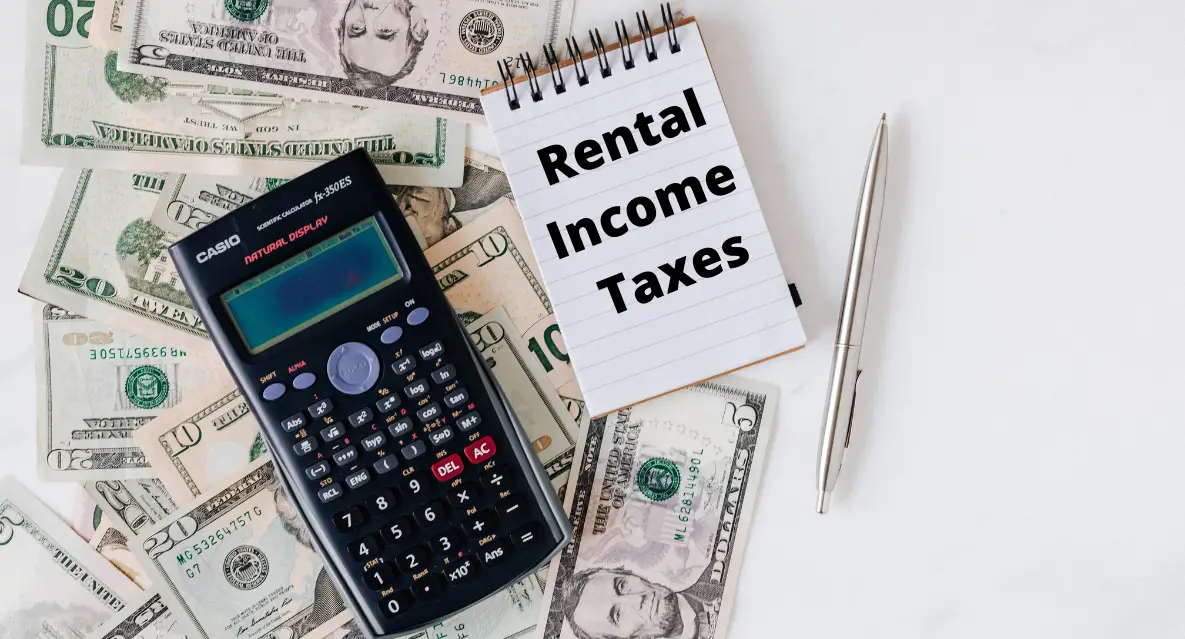Understanding Medicare Taxes: Rates, Rules, and Exemptions
Understanding Medicare Taxes: Rates, Rules, and Exemptions
Blog Article
When letting out home, many first-time landlords wonder whether they should pay taxes on the money they earn. The easy solution is yes—real estate taxes vs property taxes by the IRS. However, knowledge what qualifies as taxable income—and the deductions you could be named to—may allow you to better manage your economic responsibilities as a landlord.
What Counts as Hire Revenue?
The IRS identifies hire money as any payment you obtain for the utilization of home you own. Including not just the monthly book from your tenants but additionally additional payments, such as for instance:
•Advance Book: If your tenant gives lease upfront for the next period, it must certanly be described as income when obtained, perhaps not when the time begins.

•Security Deposits (if not refunded): In the event that you hold a security deposit for problems and other conditions at the end of a lease, that total becomes taxable.
•Services in Host to Rent: Occasionally, tenants may possibly provide goods or services instead of spending rent. For example, if your tenant mows the garden as a swap for portion of these lease, very same monetary value of the support should be stated as income.
Costs That Can Be Subtracted
Luckily, landlords may offset many of these expenses against their rental revenue, reducing the taxable amount. Some common deductions include:
1.Property Fixes
Minor repairs, such as for instance repairing a leaky touch or repainting walls, are deductible as they are regarded required to maintain the property.
2.Mortgage Curiosity
In the event that you needed out a loan to get your rental home, you can state the interest you spend on the mortgage.
3.Property Fees and Insurance Premiums
They are typical deductions, as both are needed your can purchase and manage a property.
4.Maintenance and Resources
Any preservation charges or schedule maintenance prices can be deduced, in addition to utilities you pay on behalf of your tenant.
5.Depreciation
Landlords may withhold a portion of the property's depreciation price every year over their expected lifetime (typically 27.5 decades for residential properties).

Filing Your Rental Revenue
Rental money must be reported on Schedule E (Supplemental Money and Loss) if you're filing as an personal taxpayer. This type enables you to list your rental money and any deductions. The net figure—income minus expenses—is what will ultimately be taxed.
Key Takeaway
Tax rules on rental money can appear complicated, but with correct record-keeping and understanding of potential deductions, landlords can lower their taxable income and keep compliant. For exact filings, always consult a tax skilled or influence tools to simplify the process.
Report this page